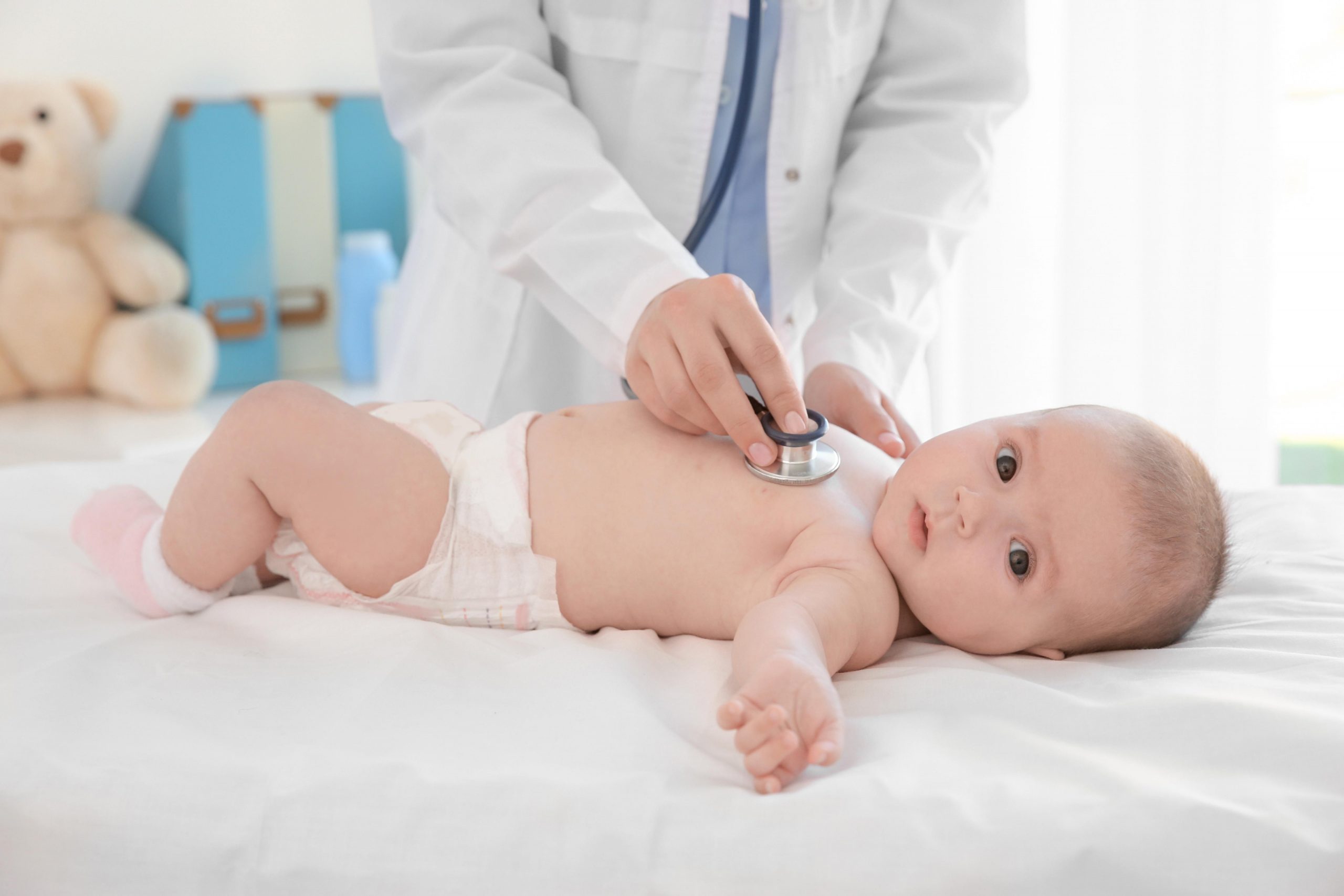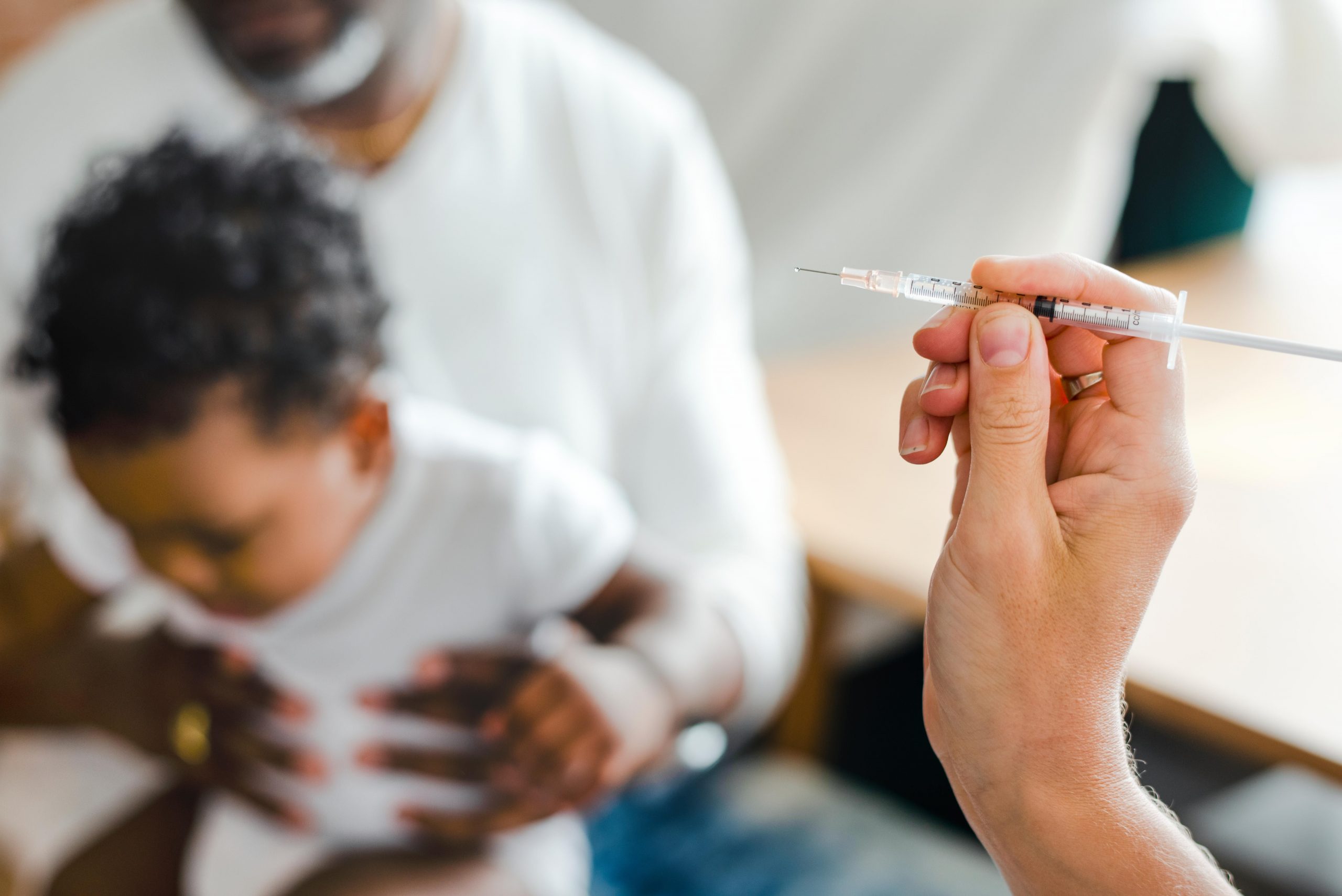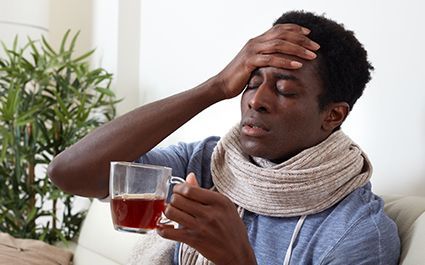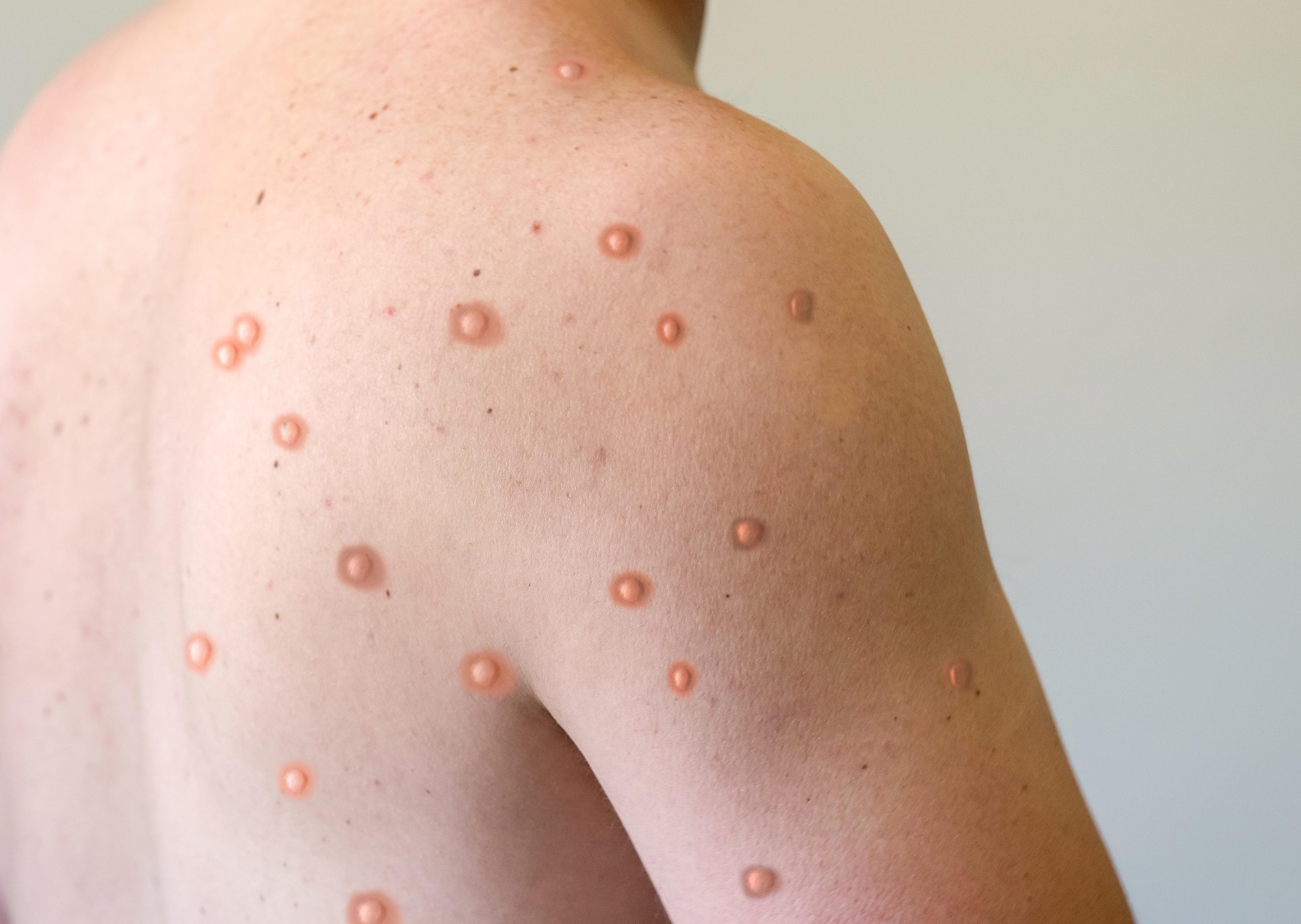
The babies of women infected with COVID-19 during pregnancy may have developmental difficulties during their first year, a new study suggests. Researchers found that pregnant women with COVID-19 were more likely to have preterm births and infants with developmental problems. The greatest risk was in the third trimester, the study found. “The kinds of diagnoses… read on > read on >






























